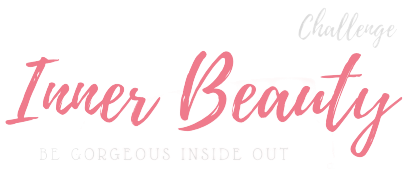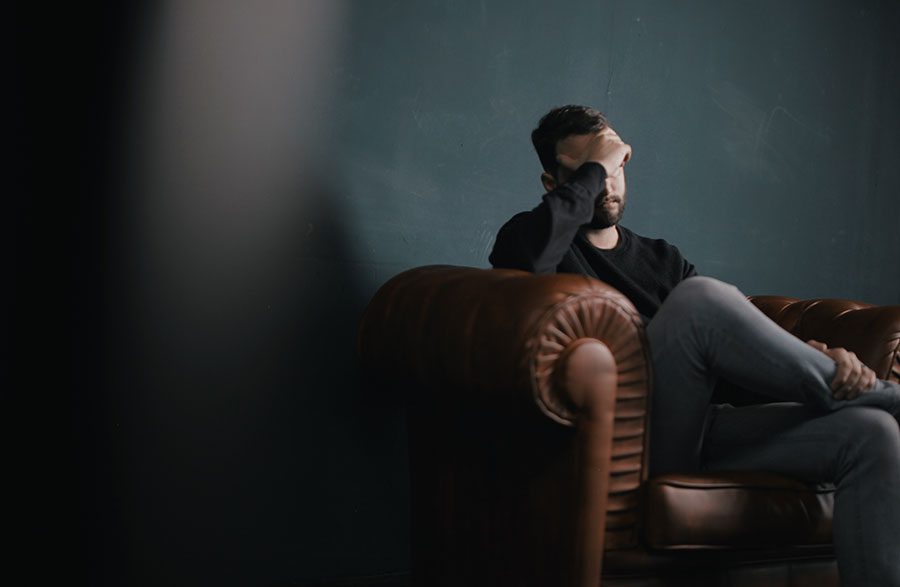Relapse is a normal part of the treatment process, according to today’s addiction rehabilitation experts. While many paths to long-term sobriety may have a few speed bumps, learning more about the subject is one of the best strategies to protect yourself from relapse.
Substance use disorders cannot be healed, and drug detox centers like the Gallus Detox are not cures for addiction. Click https://www.gallusdetox.com/ to know more.
Instead, research suggests that evidence-based treatment strategies can help people better control their addiction.
Relapse does not happen to everyone, but it can be a component of the recovery process for some.
You must change your detrimental behavioral and thought habits to recover from addiction effectively.
What Are Triggers?
Table of Contents
The way someone reacts to something can quickly identify a trigger.
People, scents, places, hazardous substances, or anything else that serves as a reminder for intense or distracting emotions.
Triggers are often reminders that cause people to experience misery, pain, anger, irritation, and other powerful emotions in their minds and bodies.
Triggers are frequently some sort of internal or external stimuli that drives the former addict to want to use drugs or alcohol again in the case of addiction and recovery.
Triggers might occur when someone remembers an event or has an unpleasant encounter. Someone may lash out, collapse, or cope in harmful ways due to the meeting.
Top 7 Triggers To Derail Your Recovery
Some triggering events control your life post-recovery because you are not yet ready to control it again. Find the top 7 triggers to avoid relapse here:
1: Negative Emotions
Addiction victims need effective ways to survive, regulate, and make sense of the negative emotions they face daily.
You can no longer rely on alcohol, drugs, or addictive habits to temporarily alleviate your distress.
Make it a point to learn how to deal with negative emotions and feelings.
Recognize that the negative feelings you’re having aren’t always a sign of impending failure.
Everyone has negative or painful feelings at some point in their lives. It all depends on how you treat them.
2: Stress
Addiction and relapse are both linked to stress. This is something that scientists have known for a long time.
Things like stressful life events paired with a lack of coping skills might create the ideal storm for taking a toll on your mental health and leading you to relapse.
Clinical studies have revealed that the physical consequences of stress on the brain play a significant role in a person’s drug-abusing behavior in reaction.
When the brain is stressed, the prefrontal cortex region that is responsible for deliberative understanding and analysis of a situation is effectively turned off.
As a result, a stressed-out person’s brain loses its ability to develop rational behavior, and they are far more likely to succumb to alcohol.
3: Seeing The Addiction Object
Reminders of your addiction might trigger relapse throughout recovery.
A whiff of cigarette smoke, seeing others sip cocktails at a club or restaurant, or seeing a couple locked in a passionate embrace seems to be everywhere in the early stages of quitting.
It’s natural to desire to go back to your old habits. After all, it’s a familiar environment.
However, recovery isn’t only about giving up or abstaining; it’s also about constructing a new life where it’s easier—and more desirable—to avoid using.
Concentrate on the new life you’re bringing into the world and the changes you’re making.
4: People Or Places
People who were involved in your addictive activity could act as perfect triggers.
Places like a bar or a junkyard where people mostly get high or drunk can bring up memories of your addiction. Family members can act as triggers, too, especially if you feel vulnerable around them.
When you’re reminded of your addiction, it’s vital to have effective coping methods in place.
If you’re an alcoholic and a group of drinking buddies invites you out, or if you see employees enjoying happy hour, having a specific response planned could be useful.
5: Special Events
Birthdays and holidays are examples of positive occurrences that might act as triggers.
You may feel satisfied, in command, and confident that one drink, one cigarette, or a little flirting with the attractive stranger will not destroy your day.
Addiction patients frequently lose their ability to discern when to stop using drugs or alcohol.
As a result, one drink could turn into a binge. Buying one needless new pair of shoes, on the other hand, could lead to a shopping spree.
When you’re on the verge of relapsing, having someone to talk to can help. If you begin to relapse, locate someone you can trust and respect to gently but firmly persuade you to stop.
6: Distraction Avoidance
When you focus on any distraction rather than devoting the time and effort to achieving your recovery goals, you will experience avoidance relapse.
Individuals suffering from avoidance relapse can divert their attention to almost anything else as long as it keeps them from skipping support groups, isolating themselves, or generally avoiding the chore of working on their recovery.
Many people who experience an avoidance relapse are overconfident in their ability to stay sober and believe they’ve “already won” the battle against addiction.
However, that’s not the truth.
7: Strive Of Perfection
Many of us battle to avoid all-or-nothing thinking, such as “I’m a failure,” “I’m selfish,” and so on.
However, thinking in these terms provides the framework for turning even the tiniest blunder into a relapse recipe. Strive to set realistic goals to avoid relapsing into perfectionism.
Rather than hoping for better days, establish a strategy for dealing with days that don’t go as planned.
If you do relapse, make an effort not to feel bad about yourself; instead, admit that you had a little and brief setback.
Stay Safe!!!
Individuals who suffer from harmful triggers may not be aware of the source of their problems and may benefit from counseling.
Therapists in rehabilitation centers can provide individuals with skills and ideas to help them cope with unpleasant emotions and compulsions.
Compulsions can be reduced by using cognitive behavioral therapy to help people manage their urges. While someone is recovering, peer groups provide support and empathy.
For further questions, ping us in the comment box.

